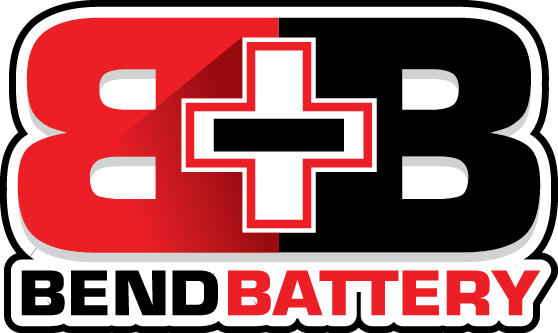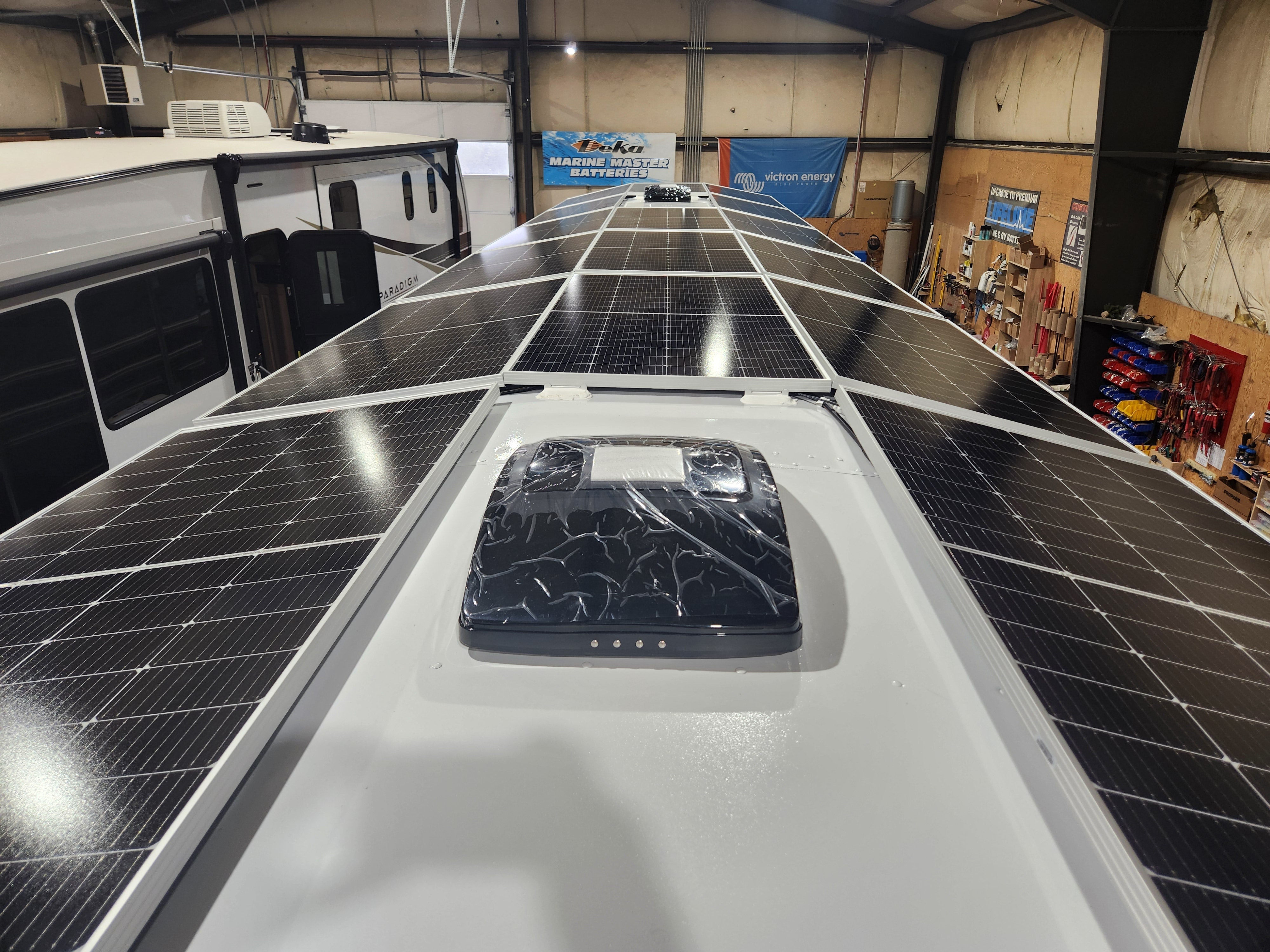DIY Installation: The Pros and Cons
Pros of DIY Installation
Cost Savings
The most significant advantage of DIY installation is saving money on labor costs. Professional services can account for a large portion of the total expense.
Hands-On Learning
If you enjoy hands-on projects, installing your solar system can be an incredibly rewarding experience. You’ll gain a deep understanding of how your system works, which can be invaluable when troubleshooting issues down the road.
Customization
Doing it yourself gives you complete control over the components and layout, allowing you to tailor the system to your unique needs and preferences.
Cons of DIY Installation
Complexity
RV solar systems involve electrical work, drilling into your roof, and understanding solar component compatibility. Mistakes can lead to inefficiencies or damage to your RV.
Time-Consuming
DIY installation can take days or even weeks, especially if you’re new to solar power systems.
Limited Support
While there are many online guides and forums, you’re ultimately responsible for troubleshooting and repairs if something goes wrong.
Who Should DIY?
Those with a background in electrical work or a strong willingness to learn.
RV owners on a tight budget who want to save on labor costs.
Professional Installation: The Pros and Cons
Pros of Professional Installation
Expertise
Professionals bring years of experience, ensuring your system is installed efficiently and correctly the first time.
Warranty and Support
Most professional installers offer warranties on their work and support for troubleshooting, giving you peace of mind.
Time-Saving
A professional can complete the installation much faster than a DIYer, often in a single day.
Advanced Customization
Professionals have the tools and expertise to handle advanced setups, such as multi-panel arrays or integrated battery management systems like Victron’s Cerbo GX.
Cons of Professional Installation
Higher Cost
The added labor cost can significantly increase the price of your solar system.
Less Hands-On Knowledge
While you’ll receive an overview of your system, you may not understand it as deeply as you would with a DIY installation.
Who Should Hire a Professional?
Those with limited time or no experience in electrical work.
RV owners looking for a stress-free installation with warranty-backed support.
Key Considerations When Deciding
Budget
Compare the costs of DIY vs. professional installation. Be sure to account for tools and unexpected expenses when calculating DIY costs.
Skill Level
Be honest about your abilities. Installing an RV solar system requires understanding wiring, fuses, and panel placement.
System Complexity
Larger or more advanced systems may benefit from professional installation to ensure everything is configured properly.
Time Commitment
Consider how much time you can realistically dedicate to the project.
Future Maintenance
If you’re comfortable maintaining the system, DIY might be a good fit. If not, a professionally installed system may come with ongoing support options.
Final Thoughts
Here in Bend, Oregon, we understand the importance of reliable off-grid power for RVers. Whether you choose to tackle your solar installation yourself or hire a professional, the goal is the same: creating a system that keeps you powered up and ready for adventure.
If you’re unsure which route to take, Bend Battery offers consultations, professional installation services, and DIY kits to suit all levels of expertise. Contact us today to start your journey toward energy independence!


Share:
Top 5 RV Battery Upgrades for Extended Boondocking Adventures